horsesdaily
- Filter by
- Categories
- Tags
- Authors
- Show all
- All
- Acorns
- Aggression
- Aggressive horse
- Allergies
- America
- Anatomy of Horse
- Archery
- Are horses intelligent?
- Are horses mammals?
- Are horses native to America?
- Are horses native to the UK?
- Are horses omnivores?
- Are horses ruminants?
- Arthritis
- Aslike clover
- Bananas
- Barefoot horse
- Beginner
- Behavior problems
- Belladonna
- Bending
- Bending Exercise's
- Benefits of Cod Liver Oil Horses
- Benefits of Devils Claw Horses
- Benefits of Garlic Horses
- Benefits of Turmeric Horses
- Bit Types
- Bits
- Black cherry
- Black walnut shavings
- Blue bells
- Body Parts of a Horse
- Bones of a Horse
- Bracken fern
- Bread
- Breastplate
- Bridle
- Bridle Parts
- Bridle Types
- Broccoli?
- Buttercups
- Can horses eat bananas?
- Can horses eat bread?
- Can horses eat broccoli?
- Can horses eat oranges?
- Can horses eat parsnips?
- Can horses eat potatoes?
- Can horses see colour?
- Canter
- Charlock
- Cherry trees
- Chokecherry
- Cleaning sheath
- Clicker Training
- Cold Weather
- Colic
- Conker's
- Cooler rug
- Create your own Boots
- Curly dock
- Cushings Disease
- Daffodils
- Deadly nightshade
- Diseases
- Disrespectful
- Do horses sleep?
- Do horses sweat?
- Dressage
- Dressage Maneuvers
- Eating habits
- Electric Fencing
- Energy
- Equine
- Eventing
- Farrier
- Fear
- Feed
- Feeding my horse
- Field management
- Field mustard
- Fire cherry
- Firethorn
- Food Aggression
- Foxgloves
- Frog Trimming
- Gallop
- Gelded late
- Girth Types
- Girths
- Golden chain
- Grass glands
- Grooming
- Hacking
- Hawkweed
- Hawthorn
- Hay
- Haylage
- Healing
- Health
- Healthy Horse
- Hedging
- Hemlock
- Herd Behavior
- Hi Vis
- Highway Code
- History of Horse Riding
- Hock
- Hoof Abscess
- Hoof Boots
- Hoof care
- Hoof Problems
- Hooved Mammals
- Horse Bedding
- Horse Boots
- Horse Breeds
- Horse Bridle
- Horse chesnut tree
- Horse dentist
- Horse Fencing
- Horse Food
- Horse Forage
- Horse Gait
- Horse muscles
- Horse Nutrients
- Horse Paddock
- Horse Paddocks
- Horse pain relief
- Horse Play
- Horse Riding Benefits
- Horse sight
- Horse sweating
- Horse swimming
- Horseback Archery
- Horses
- Horses food
- Horsetail plant
- Hunting
- Hyperextension Ligaments
- Injection
- Injury
- Ivy
- Jumping
- Laburnum
- Lameness
- Laminitis
- Larkspur
- Laurel
- Left handed
- Leg Protection Horses
- Leg sores
- Lily of the valley
- Magnetic Band
- Mammals
- Maple trees
- Mare
- Mare & Foal
- Martingale
- Mastitis
- Meadow saffron
- Meditation
- Mental Health
- Mistletoe
- Monkshood
- Mounting
- Mud fever
- Muscle Anatomy of Horse
- Mutual grooming
- Native
- Natural Remedy
- Naughty
- New to Horses
- Nosebands
- Novice
- Numnah
- Nutrition
- Omnivores
- Oranges
- Organ Anatomy of a Horse
- Organs Horses
- Paddock Fencing
- Paddock Sizes
- Parelli
- Parsnips
- Parts of a Horse
- Peach tree
- Pear trees
- Performance problems
- Phobia
- Pigweed
- Play
- Plum tree
- Poisoning
- Poisonous plants
- Pole work
- Poles
- Polework
- Polo
- Potatoes
- Privet
- Protection
- Prunus species
- Racing
- Ragweed
- Ragwort
- Reiki
- Respiratory problems
- Rhododendron
- Riding & Road Safety
- Right handed
- Road Leading
- Road Safety
- Saddle
- Saddle Cloth
- Saddle pad
- Saddle Parts
- Safety on the road
- Schooling
- Shavings
- Sheath
- Shoeing horses
- Show Jumping
- Showing
- Skeletal Anatomy of a Horse
- Skeleton of a Horse
- Skin condition
- Sleep Deprivation
- Sleep horse
- Snow
- Spring horses
- Springtime Problems
- St johns wort
- Stable size
- Stabled Nightmare
- Stabling
- Stallion behaviour
- Stirrup Leather Types
- Stirrup Leathers
- Stirrup Types
- Stirrups
- Sweet itch
- Swollen glands
- Swollen Tits Mare
- Sycamore
- Tack
- Tack Problems
- Teeth
- Tellington Touch
- Therapeutic Shoeing
- Therapy
- Thrush
- Tooth Problems
- Training
- Trauma
- Trekking
- Trot
- Trotting poles
- TT
- Types of Martingales
- Uses for Martingales
- Uses of Bits
- Vet
- Vetch
- Vulnerable Road Users
- Walk
- Walking Horse on Roads
- Walnut poisoning
- Water Horses
- Water Requirements Horses
- Western
- Western Riding
- Wild Horses
- Wisteria
- Worm Count
- Worming
- Worms
- Yew
February 1, 2023
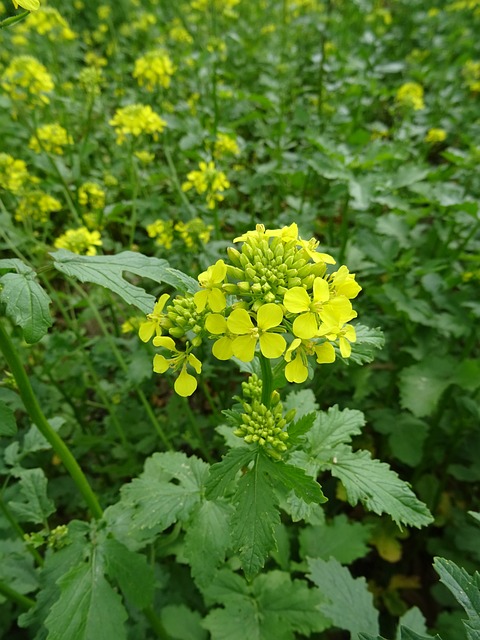
Published by horsesdaily on February 1, 2023
Categories
Charlock is a common weed in the UK and is often found growing in fields, pastures, and along roadsides. Although it is widely regarded as a […]
February 1, 2023
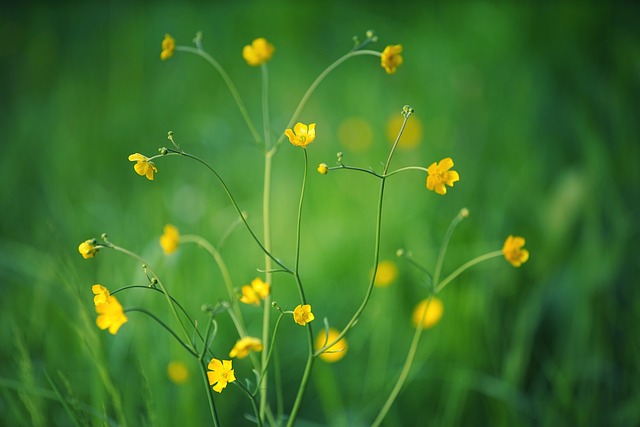
Published by horsesdaily on February 1, 2023
Categories
Buttercups are a common sight in the UK and are often associated with the spring and summer months. While they are a beautiful and popular wildflower, […]
February 1, 2023
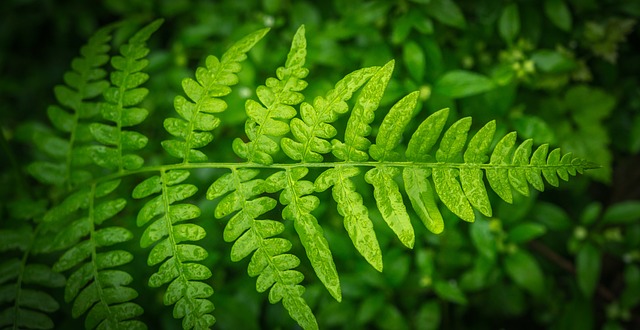
Published by horsesdaily on February 1, 2023
Categories
Bracken Fern (Pteridium aquilinum) is a common and widespread fern species that grows throughout the United Kingdom. While it is a valuable source of food and […]
February 1, 2023
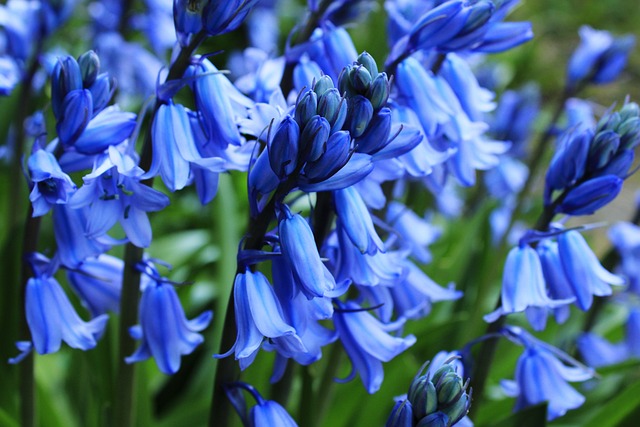
Published by horsesdaily on February 1, 2023
Categories
Bluebells are a common wildflower species found in the UK and are known for their beautiful, nodding blue flowers. While bluebells are not toxic to horses, […]
February 1, 2023
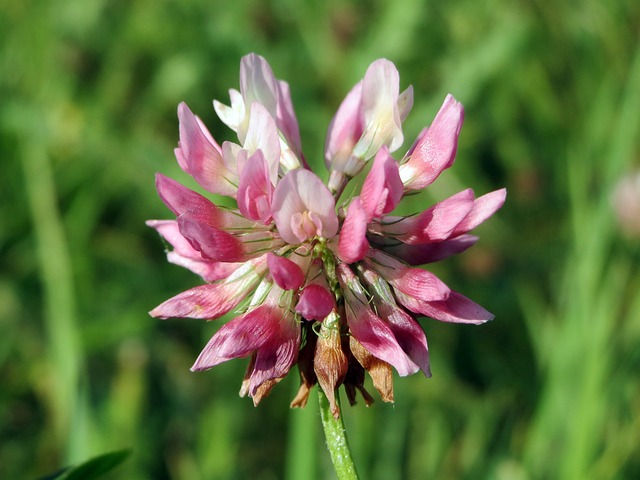
Published by horsesdaily on February 1, 2023
Categories
Alsike clover is a species of clover that is commonly found in the UK and is often used as a forage crop for horses. While Alsike […]
February 1, 2023
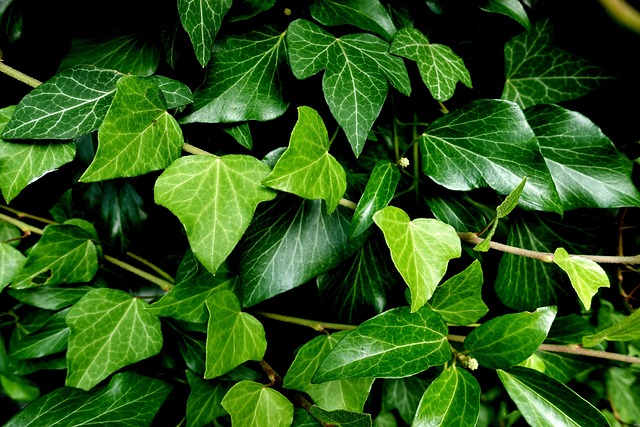
Published by horsesdaily on February 1, 2023
Categories
Ivy is a commonly grown ornamental plant that can be toxic to horses if ingested. The toxic compounds found in ivy, known as glycosides, can cause […]
February 1, 2023
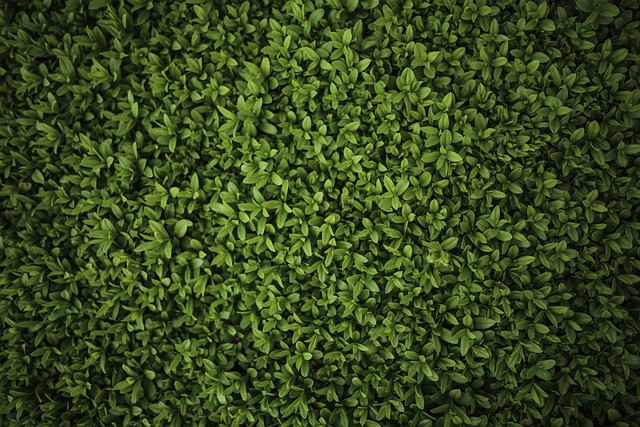
Published by horsesdaily on February 1, 2023
Categories
Privet is a commonly grown ornamental plant that can be toxic to horses if ingested. The toxic compounds found in privet, known as glycosides, can cause […]
February 1, 2023
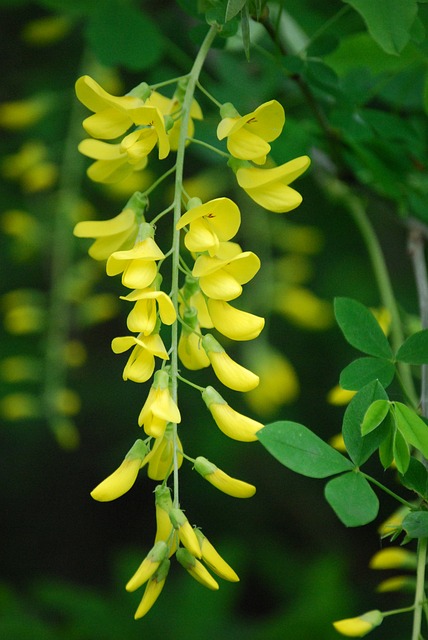
Published by horsesdaily on February 1, 2023
Categories
Laburnum, also known as golden chain, is a commonly grown ornamental plant that can be toxic to horses if ingested. The toxic compounds found in laburnum, […]
February 1, 2023
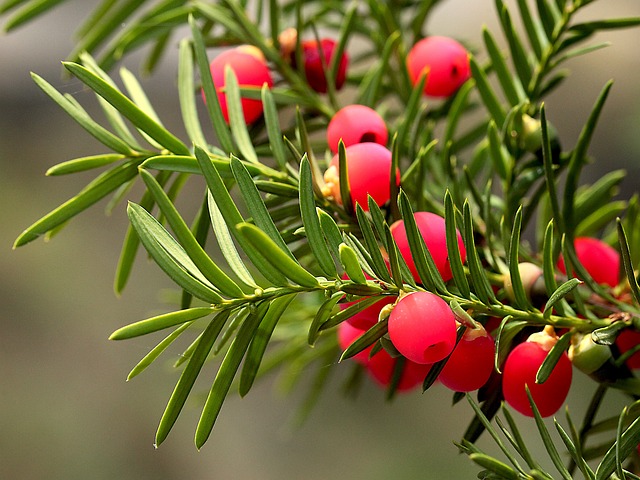
Published by horsesdaily on February 1, 2023
Categories
Yew is a commonly grown ornamental plant that is highly toxic to horses if ingested. The toxic compounds found in yew, known as taxanes, can cause […]
February 1, 2023
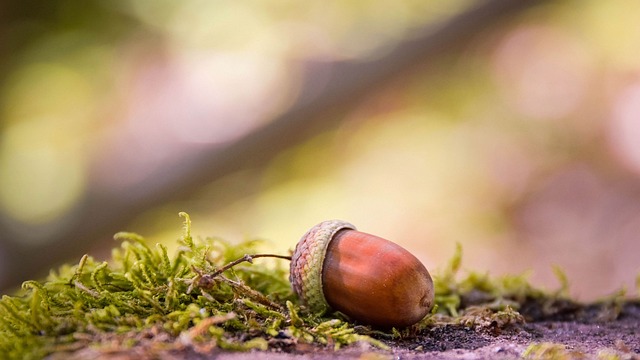
Published by horsesdaily on February 1, 2023
Categories
Acorns, the fruit of the oak tree, may seem harmless, but they can actually be toxic to horses if ingested in large amounts. Acorns contain tannins, […]
February 1, 2023
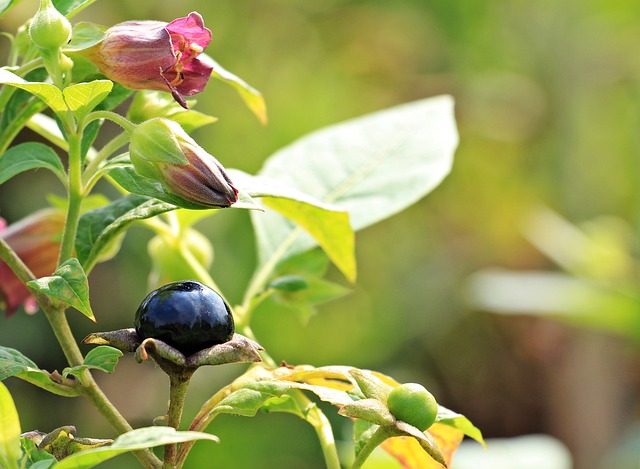
Published by horsesdaily on February 1, 2023
Categories
Deadly nightshade, also known as belladonna, is a highly toxic plant that can have serious and even fatal consequences for horses if ingested. This plant contains […]
February 1, 2023
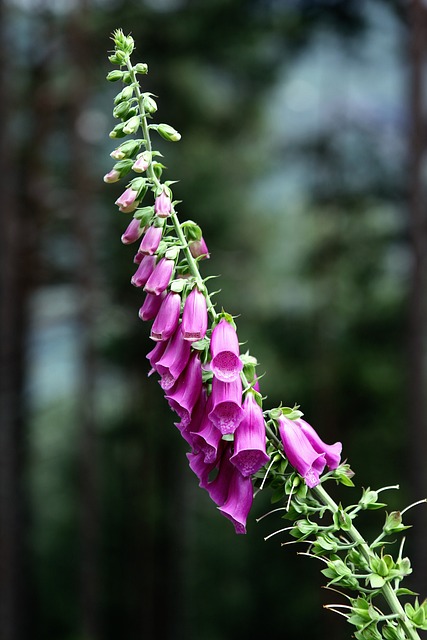
Published by horsesdaily on February 1, 2023
Categories
Foxglove, also known as digitalis, is a beautiful and commonly grown ornamental plant. However, it is also extremely toxic to horses and can have serious and […]
February 1, 2023
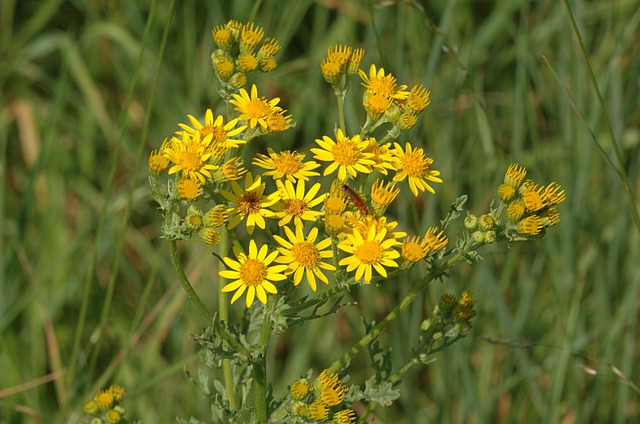
Published by horsesdaily on February 1, 2023
Categories
Ragwort is a common weed in many parts of the world, but its effects on horses can be deadly. This plant contains toxic compounds that can […]
January 31, 2023
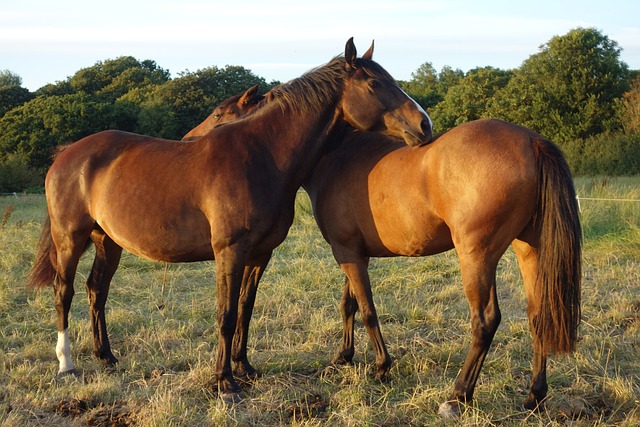
Published by horsesdaily on January 31, 2023
Categories
“The Benefits of Mutual Grooming in Horses: Understanding the Importance of Social Bonding” Horses are social animals that form strong bonds with one another, and mutual […]
January 31, 2023
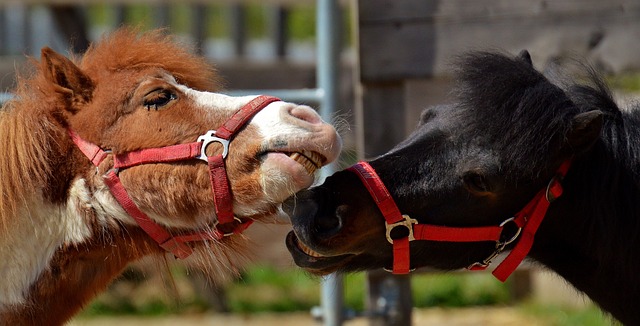
Published by horsesdaily on January 31, 2023
Categories
“The Importance of Play Behavior in Horses: Understanding Object Play, Play Fighting, Locomotor Play, and Sexual Play” Horses are highly social creatures that engage in a […]
January 31, 2023
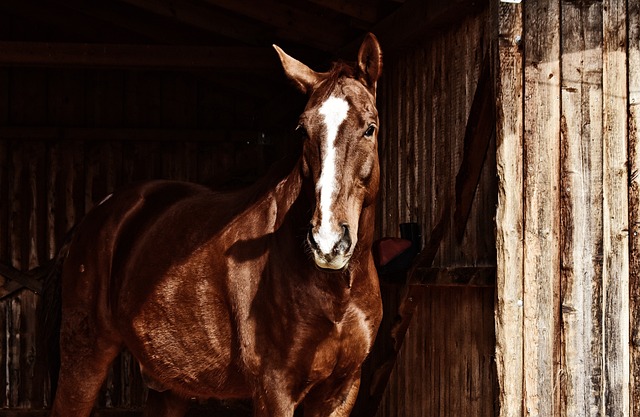
Published by horsesdaily on January 31, 2023
Categories
“Understanding Fear and Phobia in Horses: Causes and Management” Horses are prey animals and, as a result, they have a highly developed flight response that helps […]
January 31, 2023
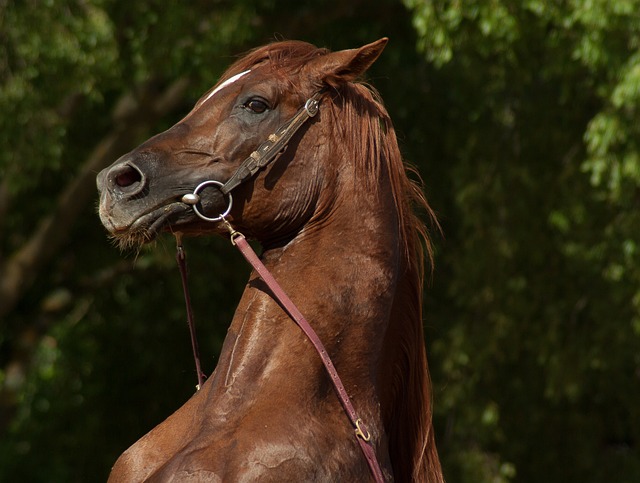
Published by horsesdaily on January 31, 2023
Categories
“The Causes of Poor Performance in Horses: Orthopaedic, Cardiovascular, Respiratory, and Metabolic Diseases” Horses are highly athletic creatures that require a combination of strength, agility, and […]
January 31, 2023
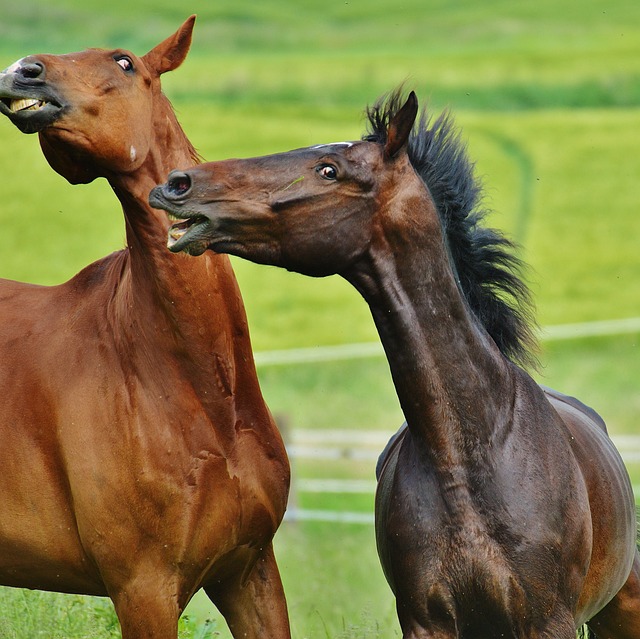
Published by horsesdaily on January 31, 2023
Categories
Horses, like all animals, have natural instincts and behaviors that are associated with reproduction. However, in some cases, horses may exhibit sexual behavior problems that can […]
January 31, 2023
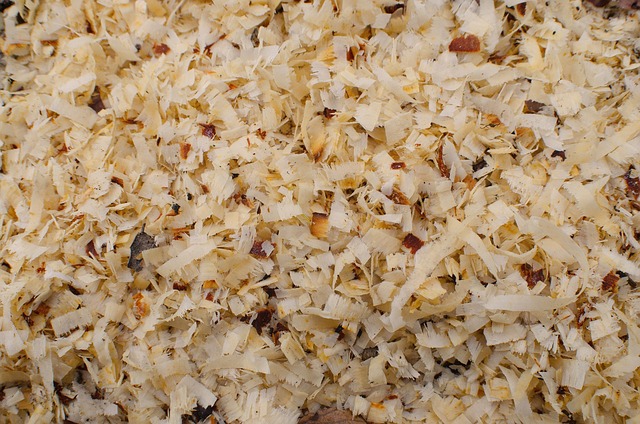
Published by horsesdaily on January 31, 2023
Categories
Black walnut shavings are a popular bedding material for horses, but it is important to be aware of their potential toxicity. Black walnuts contain a compound […]
January 31, 2023
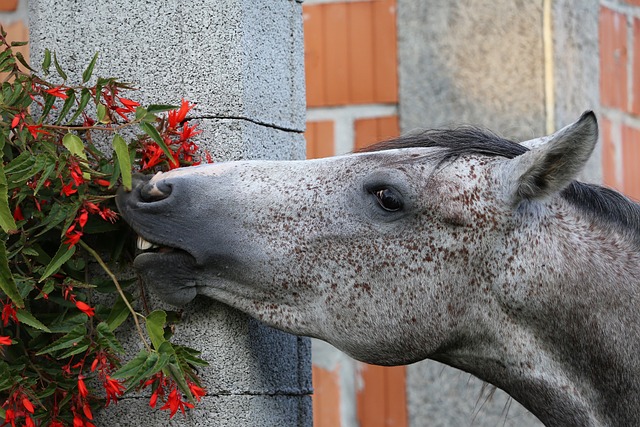
Published by horsesdaily on January 31, 2023
Categories
Horses are known for their peculiar eating habits, which can sometimes be quite surprising. While they are herbivores, they have a diverse diet that includes a […]
